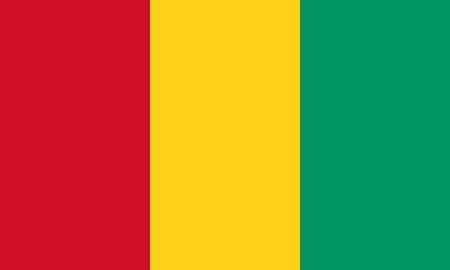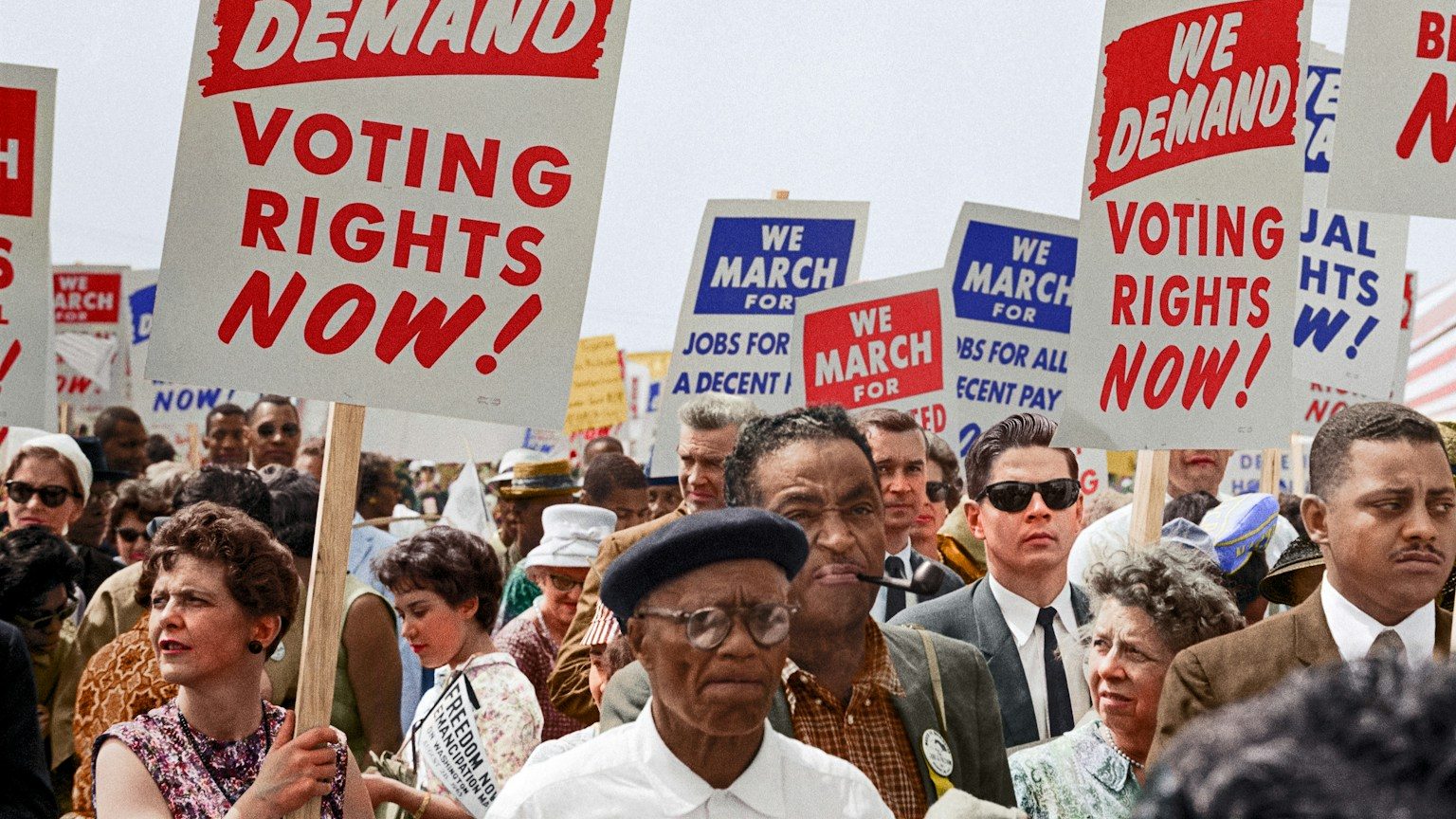Guinea’s Massacre and the “Crux of Conflict Prevention in Africa”

In the six days since I wrote here about the military government’s deadly crackdown in Guinea, international pressure has mounted. Richard Moncrieff, the West Africa project director for International Crisis Group, says Guinea’s troubles should teach the world to do a better job of preparing for the power vacuum created when a dictator dies.
“It can be a very difficult form of intervention, but it’s the crux of conflict prevention in Africa,” Moncrieff said in an interview posted October 9 to the “News Desk” blog at newyorker.com. “The reality is that the international community is preoccupied with crises, and if there’s a country that doesn’t look pretty but is not in a civil war, they tend to just leave it alone.”
Guinea had not been left alone entirely. Moncrieff noted that the U.S. and other nations funded efforts to build civil society in Guinea. It just wasn’t enough.
“More support needed to be given to civil-society groups and political parties before President Conté’s death so that they could’ve stepped into the breach,” Moncrieff said. “… Dictators tend to leave chaos in their wake; political parties and civil-society groups tend to be divided and distrust one another, and so there’s a vacuum. In this case, the military has stepped in.”
AFP described the current government’s actions like this: “The United Nations says that at least 150 people were killed when government troops opened fire on a demonstration at a Conakry stadium calling for junta leader Captain Moussa Dadis Camara not to stand for election.”
Getting Camara out needs to be the focus now, Moncrieff told The New Yorker:
“The absolute priority at the moment is to exert a maximum amount of coördinated pressure on the military junta to relinquish power. Failing that, at an absolute minimum we need them to live up to their commitments to the African Union not to stand in forthcoming elections. If that does not occur, the military junta should be isolated and put under an individual sanctions regime: that means freezing assets and a travel ban of members of the junta.”




